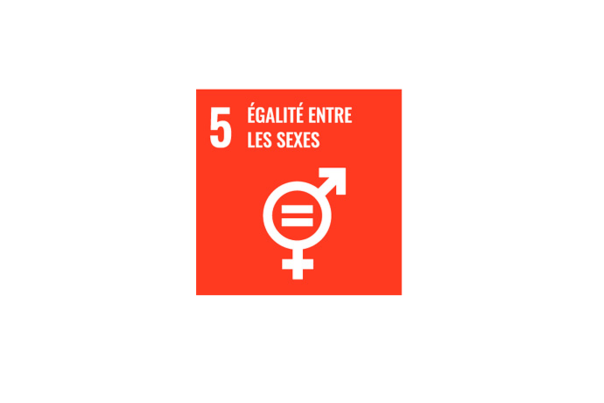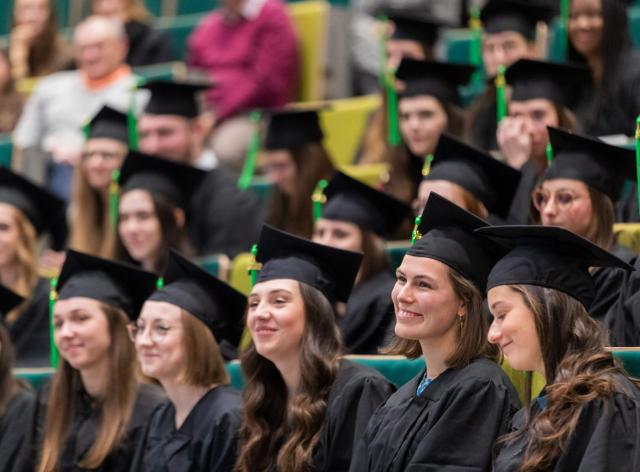Missions: informing, raising awareness and networking.
Since 2014, the University of Namur, like all French-speaking universities in Belgium and the F.R.S.-FNRS, has had a Gender Committee. The latter carries out three main missions covering all aspects relating to gender issues specific to its institution: informing, raising awareness and networking / being networked. Through these missions, it contributes to the implementation and development of gender policy within its institution. He/she follows the policy line defined by the Vice-Rectorate in charge of gender.
Composition of the Gender Committee
- Jérémy Dodeigne Jérémy Dodeigne is Professor of Political Science in the Department of Political Science (FSESG). He is also president of the Transitions research institute. As part of the institute's democratic transformations cluster, his research focuses in particular on women's political representation and changes in gender stereotypes in politics in European democracies (POLSTYLE project). Since 2021, he has been a member of the Commission genre en l'enseignement supérieur (CoGES) at ARES.
- François-Xavier Fiévez A graduate of the Université Catholique de Louvain, he carried out research in the "Women's studies" department on feminist readings of contemporary African-American authors. Maître en Didactique des Langues Etrangères at UNamur, he works on issues related to "Queering the English language classroom" (Paiz, 2020).
- Julie Henry Doctor of computer science and STEAM project leader. Her work focuses, among other things, on gender stereotypes and their influence on career guidance, particularly with regard to STEM professions. She represents UNamur on the Women in Digital group (SPF - Economy).
- Coline Leclercq As Gender Contact Person (PCG) at the University of Namur, Coline Leclercq oversees the implementation of the university's commitments to promote gender equality within the university, whether in terms of the student community, staff members or the composition of decision-making bodies. She is also the contact person for the PHARE (Protection Harcèlement Etudiant) program. In this capacity, she welcomes and supports students who are victims or targets of harassment.
- Romain Mertens Assistant-doctoral student at UNamur's Faculty of Law. His research interests include non-discrimination law. He is a member of the Women and Science Committee.
- Stéphanie Wattier A full-time professor at UNamur's Faculty of Law, she teaches the "Law, Gender and Society" course. She is deputy director of the Centre Vulnérabilités et Sociétés. Stéphanie Wattier is a member of the Management Committee of the Specialized Master's Degree in Gender Studies and of the Women and Science Committee.
Gender committee missions
- Edit an annual report on the state of gender equality within the institution.
- Ensure greater visibility for the gender issue within the institution, by advising the authorities of its institution on the policies to be pursued for greater equality of women and men, by informing and raising the awareness of the university community and its stakeholders, and by monitoring the realization of the actions implemented in the respective action plans.
- Participate in institutional, regional, national and international networks related to gender issues.
- Propose an action plan to increase gender equality within the institution.
Gender equality, one of the United Nations' sustainable development goals
The university has a duty to be exemplary in terms of sustainable development, in all three dimensions (economic, social and environmental), through the way it manages its infrastructures and assets for a "sustainable campus in form", as well as, as a teaching and research institution, through its commitment to actively contribute to the environmental transition "sustainable campus in substance". All in line with the United Nations' Sustainable Development Goals (SDGs)
.
